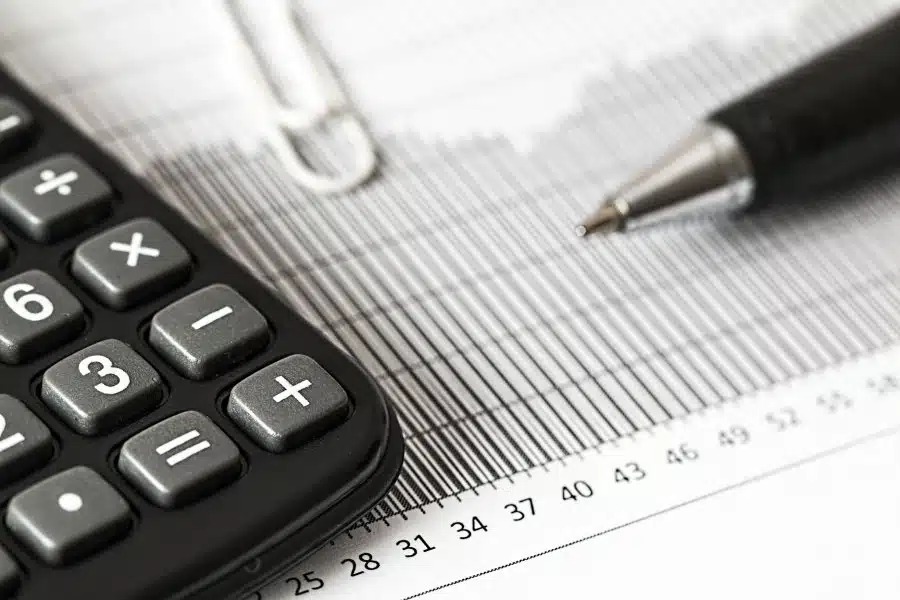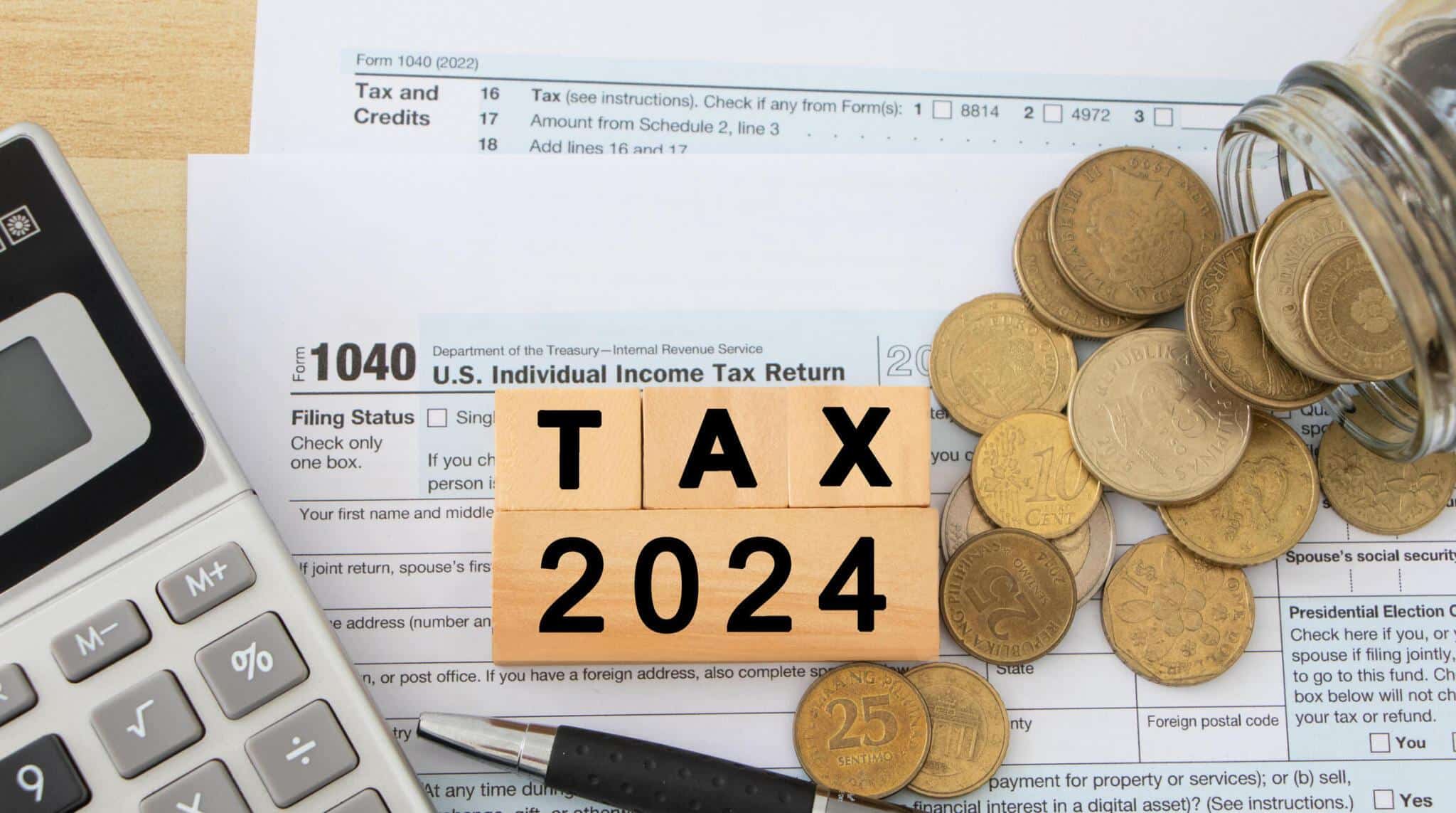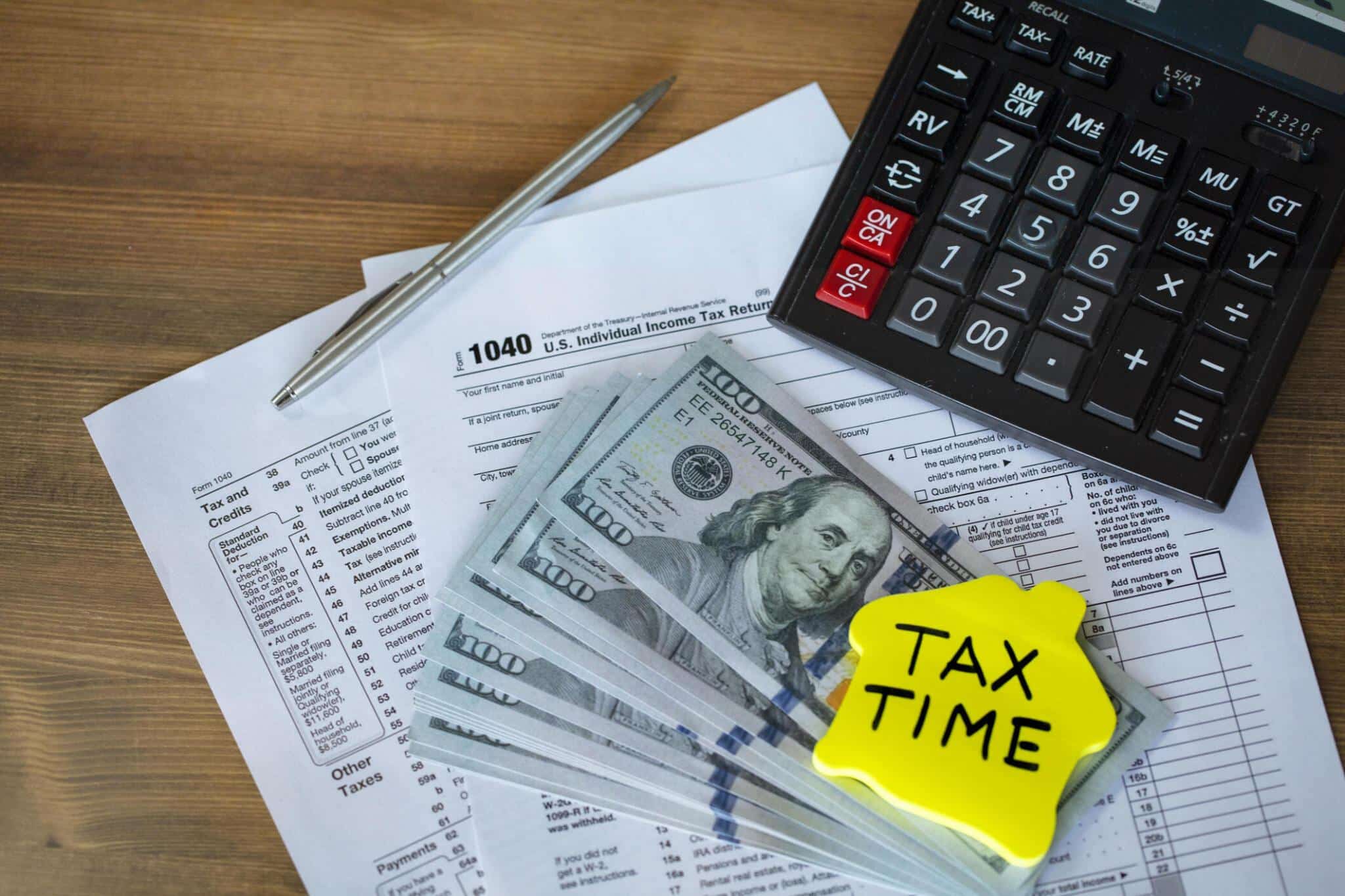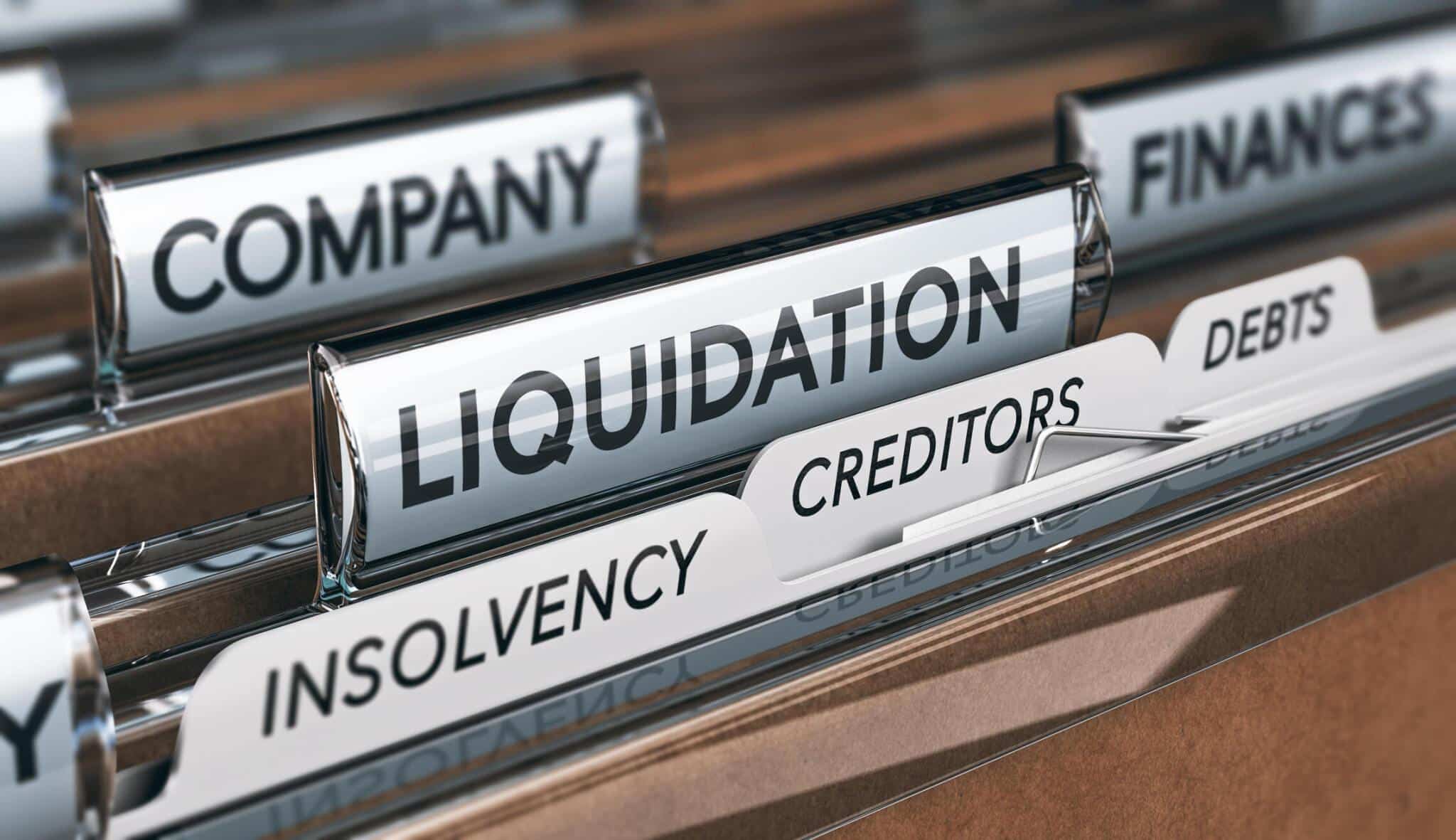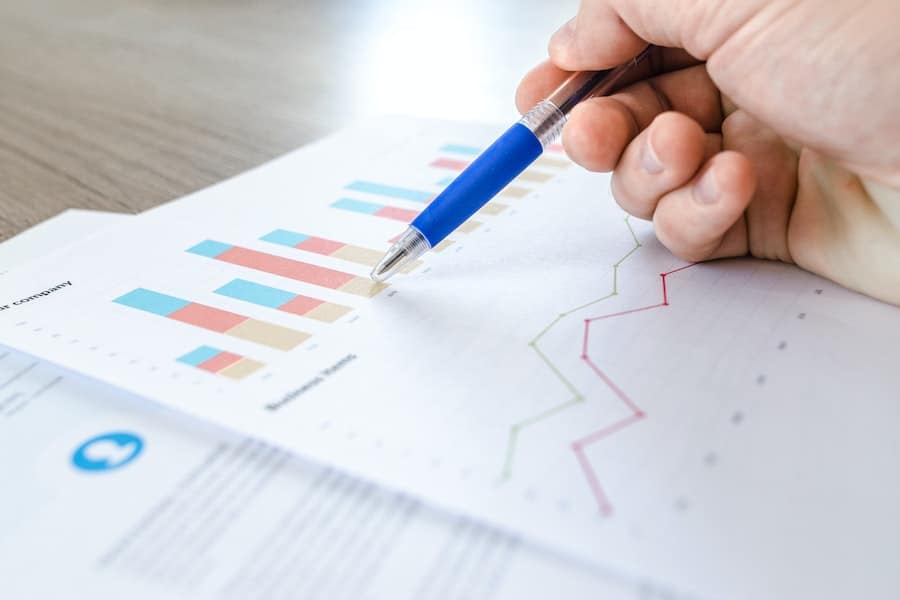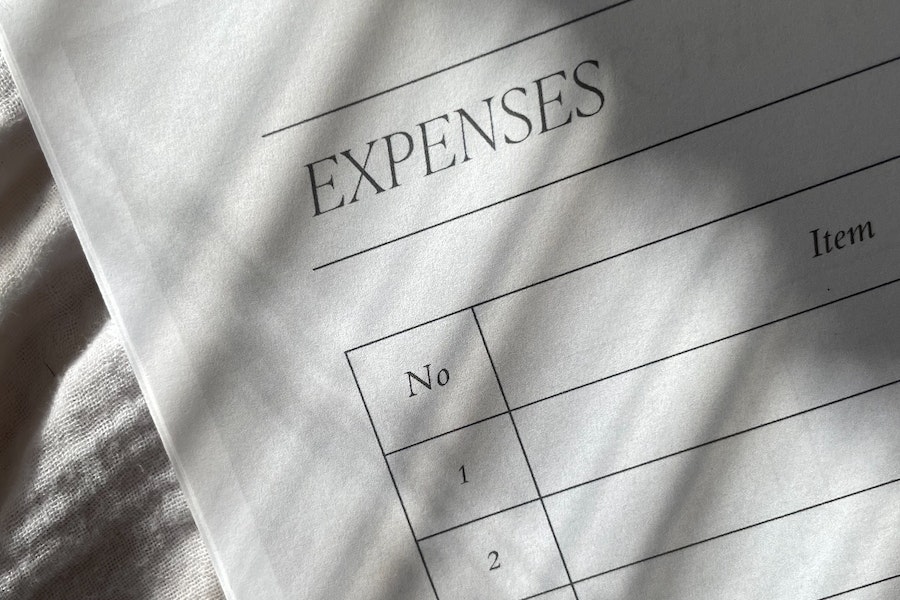When you operate a company in Australia, there are different taxes you have to pay outside of income tax.
So you can be prepared at tax time, here are the different company taxes explained.
Income tax
First things first, all companies pay tax on their profits. Generally speaking, this includes what’s left of your overall revenue once expenses and deductions have been taken into account.
In Australia, individuals pay tax on a sliding scale. This means they pay more tax on each dollar as they cross the various tax thresholds. Company tax, on the other hand, is charged at a flat rate. Small companies with under $50 million in annual revenue pay a lower rate than larger players.
Take a look at the ATO website to see the different company income tax rates and which businesses pay less.
Your tax accountant will know exactly which deductions you are eligible for and ensure you don’t pay too much income tax.
GST
The Goods and services tax (GST) applies to most goods and services and other items sold or consumed in Australia. It is a flat rate of 10 per cent. Most businesses absorb GST into their pricing.
For example, if you charge $110 for a service, $10 will be GST that goes to the Government. It’s the business’s job to collect this money, report how much it collects and transfer the money to the ATO each quarter.
Once your company has a turnover of more than $75k per year, you’ll need to charge GST on applicable goods and/or services. The ATO recommends you put the GST you collect into a separate bank account. Doing this means you won’t end up spending it elsewhere.
When you operate a company, you should be eligible to claim GST credits. You can claim a credit for any GST included in the price of any goods and services you buy for your business. Your tax accountant will make sure you claim these credits when preparing your quarterly business activity statement, so keep your receipts for reference.
Capital Gains Tax
If your business sells assets such as shares, vehicles, equipment or property for profit, a Capital Gains Tax (CGT) may apply.
Some assets are exempt from CGT and some businesses may be eligible for concessions if they have low financial turnover. As the ATO explains, depreciating assets, such as business equipment, are generally exempt from CGT unless you use them for private or other non-taxable purposes.
Note that CGT may apply when you dispose of crypto assets as a company.
Figuring out how to calculate CGT can feel overwhelming — it’s best to leave it to your tax accountant.
Fringe Benefits Tax
If your business gives employees perks such as company vehicles or gym memberships, you may also need to pay the Fringe Benefits Tax. This is calculated based on a few different factors which your tax accountant will explain.
Payroll Tax
Payroll tax is based on the wages your business pays to its employees, after a certain threshold. The thresholds and tax rates differ between states.
In Queensland, for example, the current threshold is $1.3 million in annual Australian taxable wages. The tax rate is:
- 4.75% for employers or groups of employers who pay $6.5 million or less in Australian taxable wages
- 4.95% for employers or groups of employers who pay more than $6.5 million in Australian taxable wages.
- Regional employers may be entitled to a 1% discount on the rate until 30 June 2023.
Your tax accountant can help you register your business for payroll tax and make sure it is paid.
Want help to be prepared at tax time? Mobbs & Co provides tax accounting services in Brisbane, Caboolture and on the Sunshine Coast. Contact us today.
